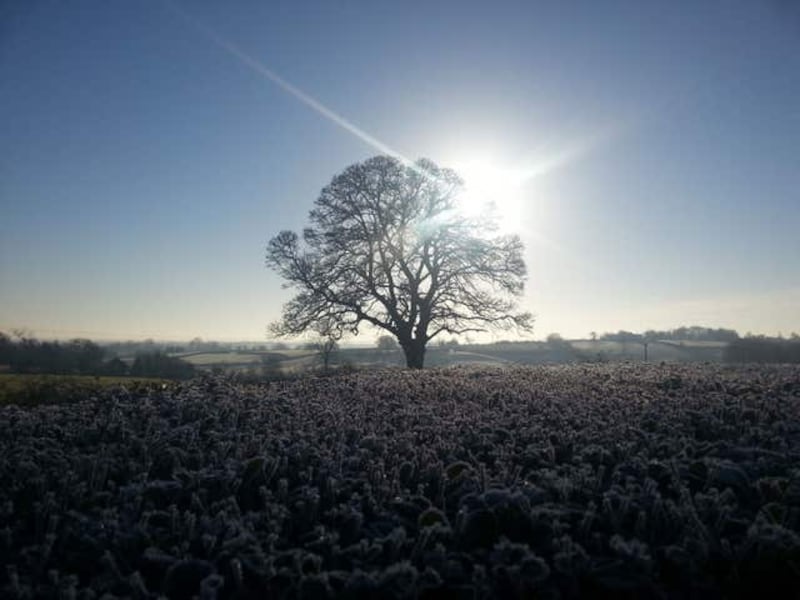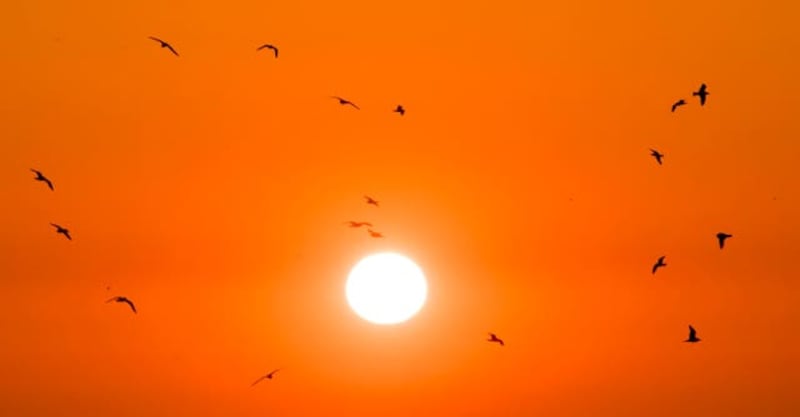The UK has seen “blurring” of the seasons again this year in the face of rising temperatures, with mixed fortunes for wildlife, the National Trust said.
Bumblebees appeared in January due to mild conditions, spring flowers bloomed early, storms and warm seas brought Portuguese man o’war and bluefin tuna to UK waters and purple emperor butterflies were on the wing unusually early.
The organisation said its plans to reverse declines in nature – including creating 25,000 hectares (62,000 acres) of new habitat on its land by 2025 – were more urgent than ever in the face of changes in the climate.
And with year-round “thuggish vegetation” growth becoming a trend as a result of mild winters and damp summers, experts warn they will have to find new ways of managing special habitats to benefit the plants and animals that rely on them.

The National Trust’s annual review of the year showed a mild, dry start prompted many flowers to arrive early, including wild daffodils blooming in the Teign valley in February and elder and dog rose, usually June blooms, flowering in April.
Balmy weather in May led to a good nesting season for birds, with little terns doing well at Blakeney Point in Norfolk, and spring insects faring well.
The elusive purple emperor butterfly, made its earliest appearance in 120 years, at Bookham Common, Surrey on June 11.
Then it was the “summer that nearly was”, nature expert Matthew Oates said, with clouds assembling just as the state schools broke up and leading to another in a string of wet Augusts – followed by a damp September.
Winged insects were hit, but it was a prolific year for fungi, including the rare powdercap stranger, which was found at Clumber Park, Nottinghamshire.
The fine spring spelled a good apple harvest and a bumper autumn for nuts and seeds, attracting a remarkable influx of elusive hawfinches from the continent with flocks of up to 50 reported.

Oates said the year “was a bit all over the place yet again, there’s this issue of the blurring of the seasons, particularly through mild winters and damp summers”.
He urged people to sign up to citizen science projects monitoring nature, to help inform experts about what was happening in the countryside.
And more “landscape-scale” conservation efforts are needed to help British wildlife cope with climate change and other issues such as invasive species, he said.
“Wildlife needs to be able to break out of its nature reserves prison, you can’t keep these guys in small, pocket handkerchief reserves, it’s really essential, particularly with climate change as a lot of things need to move north,” he said. “We need much better conservation in the landscape, and it’ll mean more beauty, more wonder, more noticeable landscapes.”








